Using a specialized design approach, scientists create acoustic waves that behave as twisted, ultrasonic motors capable of rotating particles in space.


Using a specialized design approach, scientists create acoustic waves that behave as twisted, ultrasonic motors capable of rotating particles in space.
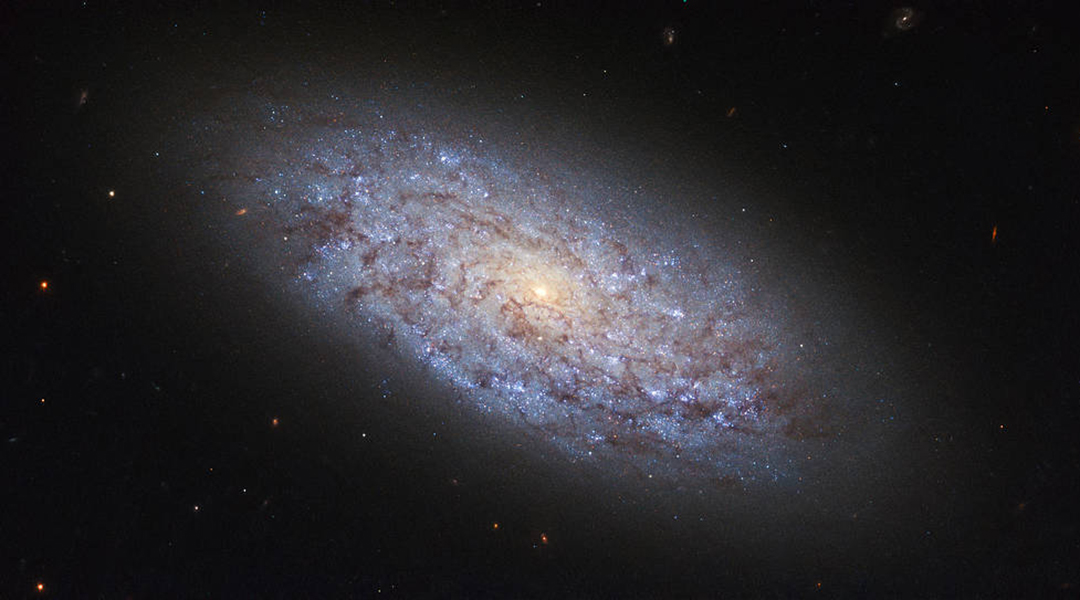
Using the galactic glow of dwarf galaxies, researchers investigate a hypothetical particle called an axion as a possible contender for dark matter.

Researchers investigate dark photons as alternatives to dark matter, aiming to detect these particles through experiments involving the conversion of light.
Scientists propose a modified cosmological model that challenges the existence of dark matter and dark energy.
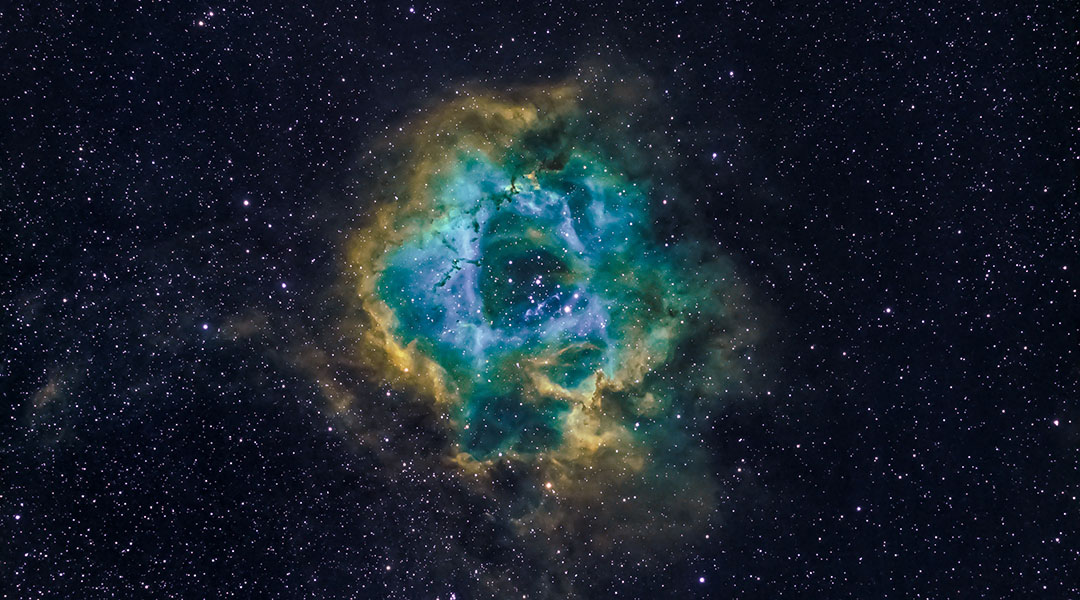
The composition of dark matter remains a mystery, but a new theory involving quantum tunneling may have eliminated some candidates.
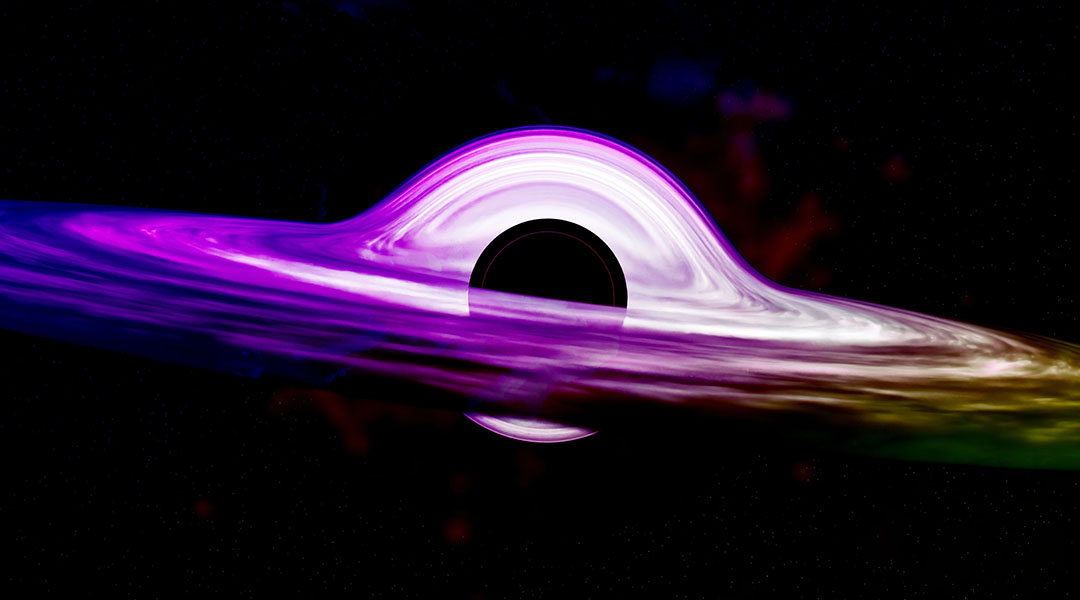
Dark matter could be aggregating around black holes, providing a possible means of indirectly measuring its properties.
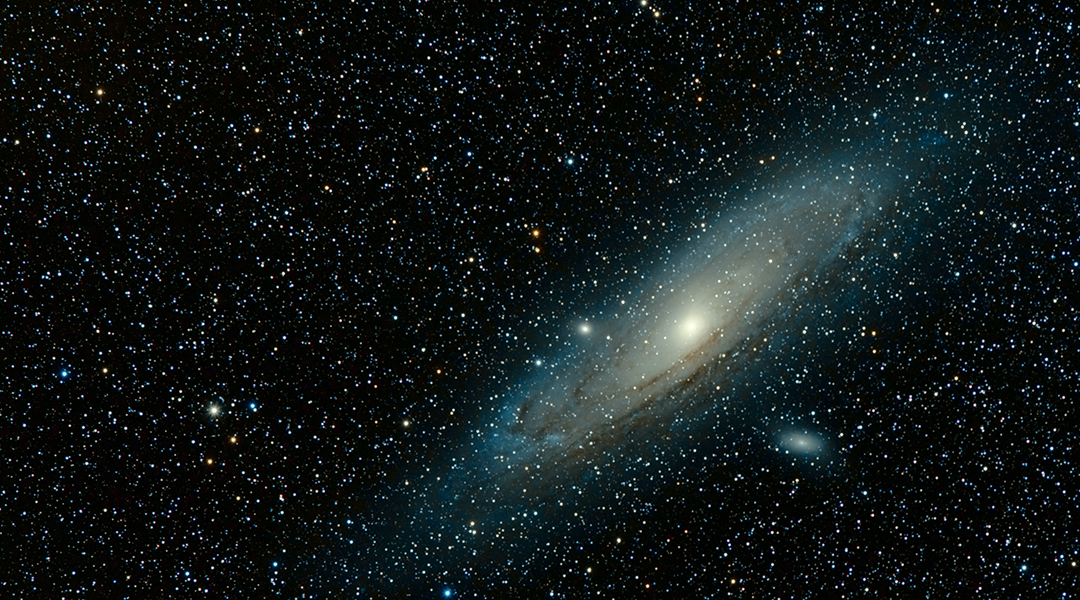
Many physicists are still skeptical that dark energy can fully explain gravity, and are therefore exploring alternative theories.
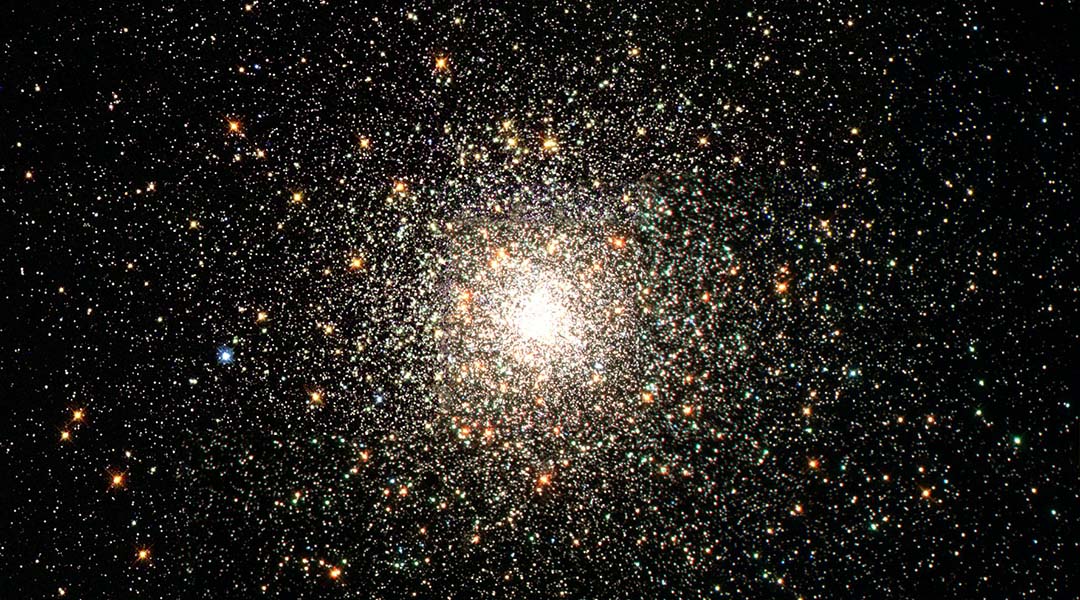
A new study evaluates gravity using string theory, a promising candidate for describing particle interactions at their most fundamental level.
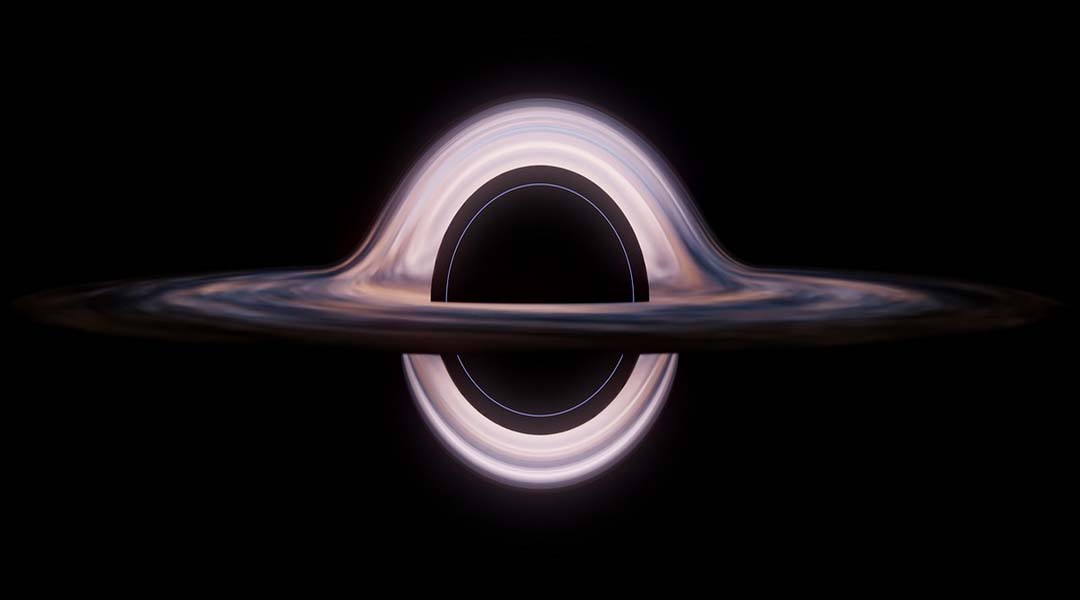
Astronomers looking at how black holes grow over time may have found the answer to one of the biggest problems in cosmology.
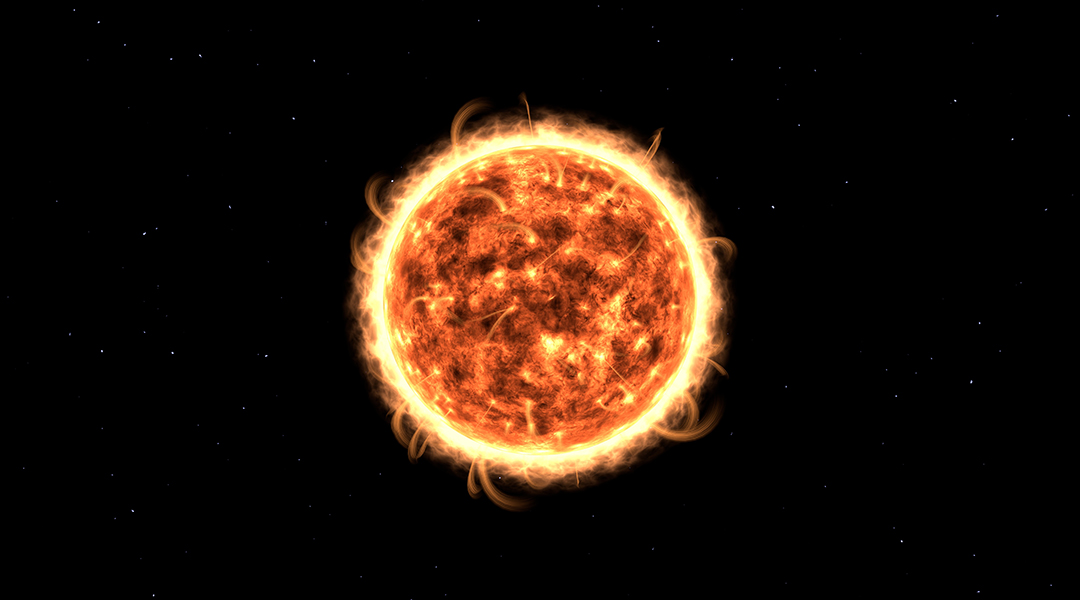
Sending atomic and nuclear clocks into the inner reaches of our solar system could help scientists find proof of elusive dark matter.